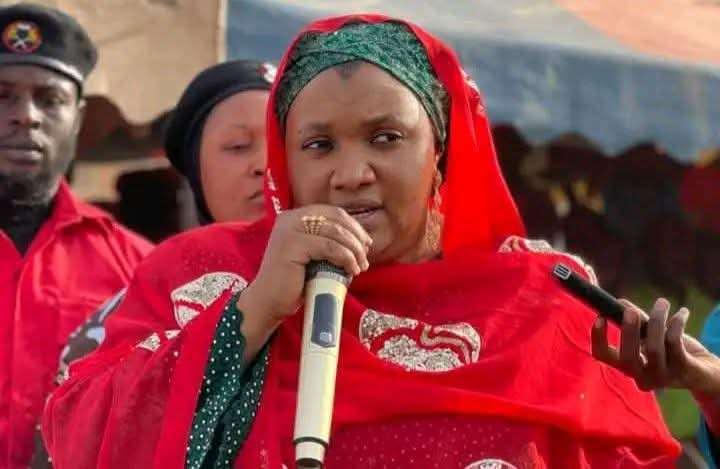The World Health Organization (WHO) has issued a global alert following a sharp rise in dengue infections in 2023. The escalating numbers pose a significant public health risk, with over five million documented cases and 5,000 fatalities reported worldwide.
Speaking at a press briefing in Geneva, Dr. Diana Alvarez, WHO Team Lead on Arboviruses, underscored the urgent need for heightened vigilance and concerted action at all levels of the UN health agency to assist countries in managing current dengue outbreaks and preparing for the forthcoming dengue season.
Dengue, a prevalent viral infection transmitted through mosquito bites, is particularly pervasive in urban areas within tropical and sub-tropical climates. The surge in reported cases can be attributed to the proliferation of infected mosquitoes across a wider geographic range, linked to the impacts of global warming and rising emissions.
Dr. Alvarez emphasized, “Climate change has a direct impact on dengue transmission due to increased rainfall, humidity, and temperature. These mosquitoes are highly sensitive to environmental conditions.”
While the majority of dengue-infected individuals experience mild or asymptomatic forms of the disease, severe cases can manifest as shock, significant bleeding, or organ dysfunction. Moreover, critical symptoms may surface after the initial fever has subsided, rendering early detection and prompt medical intervention imperative.
Recognizable indicators of severe dengue encompass intense abdominal pain, persistent vomiting, bleeding gums, fluid accumulation, lethargy, restlessness, and liver enlargement. Despite the absence of specific treatments for dengue, timely diagnosis and access to appropriate medical care are pivotal in minimizing the risk of mortality associated with severe dengue.
Dr. Alvarez expressed grave concern over the geographical distribution of dengue outbreaks, with nearly 80% of cases reported in the Americas, followed by Southeast Asia and the Western Pacific. Alarmingly, fragile and conflict-affected nations in the Eastern Mediterranean region, including Afghanistan, Pakistan, Sudan, Somalia, and Yemen, have also witnessed dengue outbreaks.
The 2023 El Niño phenomenon has further exacerbated the shifts in global mosquito prevalence, intensifying the ramifications of rising temperatures and climate change, according to WHO assessments.
As the WHO amplifies its alert on the surging dengue crisis, it remains resolute in advocating for collaborative and resolute efforts to curtail the spread of the disease and avert its severe repercussions on public health.
NAN



